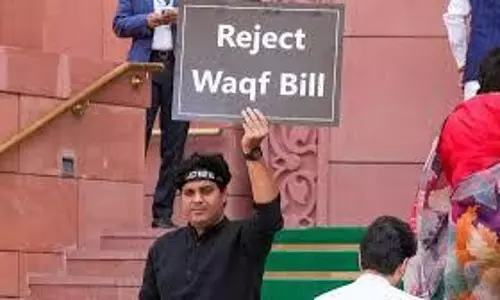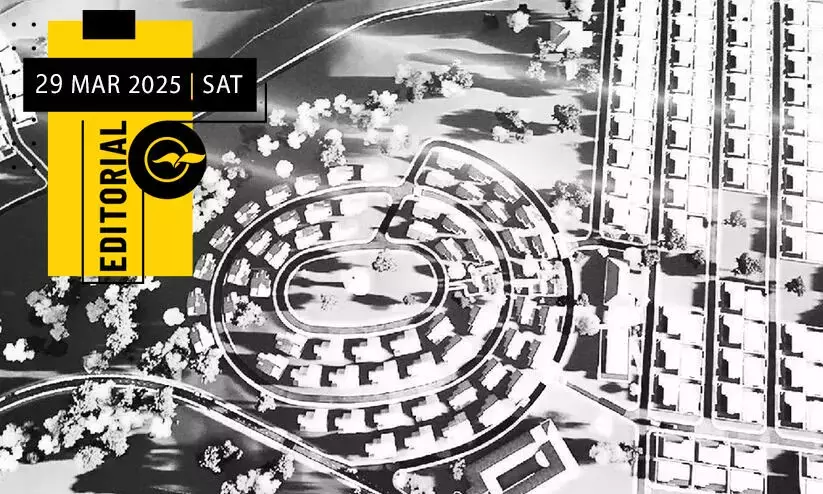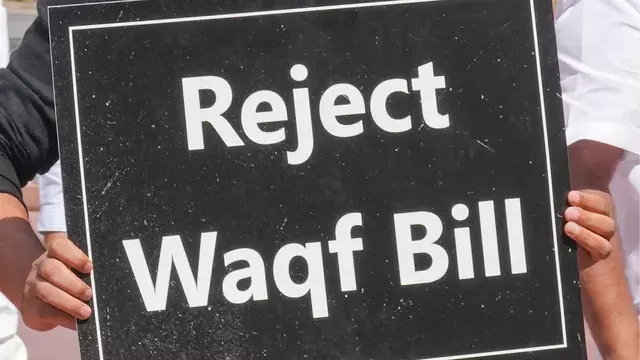
CPI(M) to oppose Waqf Amendment Bill in Parliament
text_fieldsRepresentative image.
Thiruvananthapuram: The CPI(M) has firmly opposed the Waqf Amendment Bill proposed by the NDA government at the Centre, declaring that its MPs will vote against it in Parliament. The party’s stance comes amid criticism from the Catholic Church, which has questioned Kerala MPs over their position on the bill.
CPI(M) state secretary M.V. Govindan reaffirmed the party’s decision while speaking to the media during the 24th party congress in Madurai, Tamil Nadu, which is being held from April 2 to 6. Dismissing the Kerala Catholic Bishops' Council (KCBC)’s objections, he stated that their views would not influence the party’s position.
"Let there be no doubt, we will take a stand against the Waqf Bill. We have already made our stand clear. We do not keep changing our stand based on what others are saying. We have a clear stand," Govindan asserted.
Meanwhile, the BJP in Kerala announced plans to stage protests against all INDIA bloc MPs in the state, marching to their residences in response to their opposition to the bill.
Govindan’s statement comes as the Waqf Amendment Bill is set to be tabled in Parliament. He criticised the proposed legislation, stating that it is not in favour of the Waqf but instead stands firmly against it. He also alleged that specific forces were attempting to create rifts between communities over the issue.
The Church-run newspaper Deepika, in an editorial published a day earlier, described the Waqf Amendment Bill as a critical test of secularism in Parliament. It warned Kerala MPs that opposing the bill would mark them in history as endorsing religious fundamentalism. The editorial also argued that the bill would address injustices faced by thousands of Hindu, Christian, and Muslim citizens due to the Waqf law.
Opposition parties continue to reject the bill, calling it "unconstitutional" and detrimental to the Muslim community. Several leading Muslim organisations have rallied against the proposed legislation, which was scrutinised by a Joint Committee of Parliament and approved with multiple amendments.
With PTI inputs

















